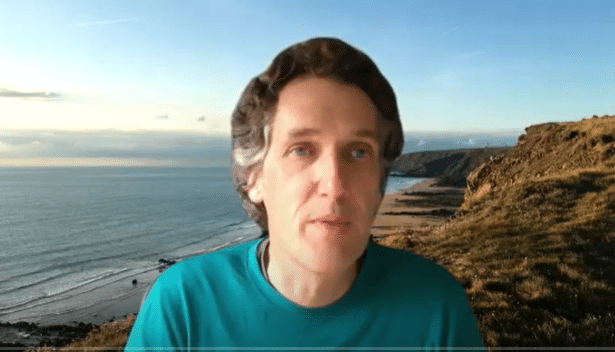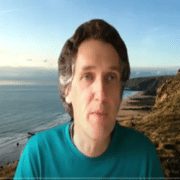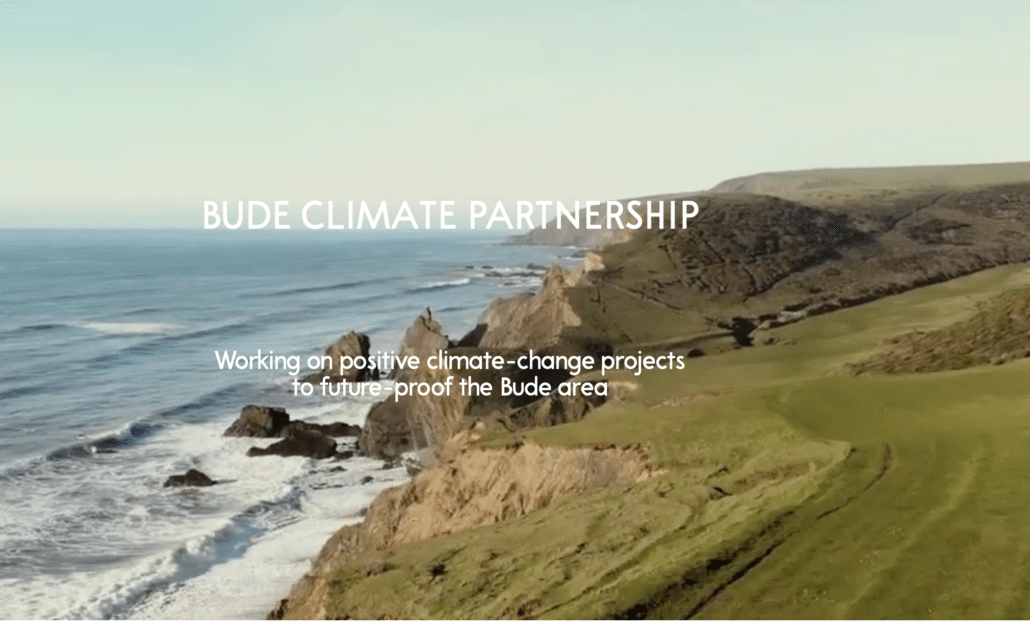Such As What? The Journalists’ Question that Must be Answered
“Such as what?”: The plea from presenters and journalists to their guests, which often goes unanswered…
When interviewees are searching for evidence to help prove that what they are saying is true, they tend to reach for facts and statistics.
This is understandable – after all, this type of evidence does a lot of ‘heavy lifting’ when presenting an idea, thought or theory, convincing the audience of its validity in the moment.
However, the downside is that facts and statistics are frequently quickly forgotten. So, it’s useful also to have some memorable illustration of what you are saying, to linger in the audience’s mind for longer – which is where stories, anecdotes and examples come in.
But after more than thirty years of helping people to communicate effectively on radio and TV, I’ve discovered it’s clear that most interviewees are rather reluctant to offer up this sort of ‘soft’ evidence – perhaps fearing that it’s ‘merely anecdotal’ (whereas in fact that’s the point; that’s what makes it so effective), or because they have failed to identify in advance which illustrations to use that will help them support their line of argument most powerfully.

Robert Uhlig
An unusual but glaring illustration of this was broadcast on BBC Radio 4’s Today programme. Unusual, because the interviewee is something of a professional. He’s Robert Uhlig – an award-winning journalist since 1986 and a best-selling author since 1997. He’s collaborated with the best – Billy Connolly, James Dyson, Stephen Hawking, Richard Dawkins and David Attenborough to name but a few. He’s an esteemed wordsmith and I’m a fan.
Robert is also now the founder and programme director of the Bude Climate Partnership – set up to consider environmental challenges in the Cornish town, which the Environment Agency has judged to be particularly highly sensitive to sea level rises. The area has recently been awarded £2m by the National Lottery, to mitigate the impact of climate change.
Uhlig had already explained on-air that even if all emissions stopped tomorrow, a foot or more of sea level rises are still expected over the coming decades, because the effects of climate change were “baked in” (a decent metaphor). Consequently, the kind of flooding that now happens every 100-200 years is expected to become an annual event (a powerful statistic). So, he was asked by presenter Simon Jack to go into detail about the partnership’s plans – not surprising when there’s £2m of lottery players’ money at stake:
SJ: OK, £2m – what are you actually going to spend that on, and over what time frame?
RU: Well, the first thing to say is that we’re incredibly grateful for the money – it came from the lottery and ultimately from lottery players. So, we’re going to spend it on six different projects, the biggest one of which is a sustainable tourist project, where we’ll bring together businesses and the community and visitors to build resilience so that, you know, we know that if there are impacts of climate change which are inevitably coming in the next five, ten years’ time, that we are prepared for them and we have plans…
The trouble with this response is that it’s so vague. There’s mention of a “sustainable tourist project” (whatever that may be), the intention to “bring together businesses” (sounds sensible) and the claim “we have plans” (like what?). There’s nothing concrete; nothing you can put your finger on – which prompts Simon Jack’s next question:
SJ: What do you mean by bringing together businesses? To do what? Talking about sustainability… all use, you know, get rid of plastic forks or build a wall around the city…
RU: No, it needs… it needs… it needs a little bit more than… than – hah – you know, a little bit more… er… recycling’s not going to cut the mustard, is it?
So, we’ve discovered what’s not going to happen, but are still no wiser as to what is. So – perfectly reasonably – Jack tries again:
SJ: What is – I don’t quite understand – what are you going to do with this group of businesses?
RU: Right, well, OK, so… what we will do… you know, there are already businesses that are doing amazing things in this area. But most businesses look at climate change now, and they’re very concerned about it, but they don’t know where to begin. So, it’s about getting these businesses collaborating. We’ll be looking at all sorts of things, you know, that we could possibly do here…
What stands out a mile from these responses is the abstract nature of what’s being promised: “businesses that are doing amazing things… getting these businesses collaborating… we’ll be looking at all sorts of things…”. You can hear the exasperation in Jack’s voice as he presses his guest further:
SJ: Such as what? I’m just trying… this is meant to mitigate the impacts of climate change. What’s going to come out of this meeting of businesses that will do that? I just… if you can be a bit more specific…
RU: That… that… that we will build the resilience. I mean, we can’t… if you want physical… so there’s various different things… one of the things that this community needs to think about is what the effects of sea level rise is going to be. That… if nothing is done, then we will have flooding, and, you know, our community assets will be destroyed.
Still no clarity. Just a reference to “various different things” again. But such as what? An example or two would do the trick beautifully here. But none was forthcoming:
SJ: But isn’t… isn’t that precisely the point… this £2m is to try and mitigate the impact of it… you know, having the Bude Chambers of Commerce to think more about sustainability is not going to hold back the waters…
RU: It’s not going to hold back the waters – that’s why we have to adapt. I mean, you know, we can’t… we can’t beat nature. We need to think of ways in which we can be more resilient [pause]. You know, so that when… when the impacts come, we can deal with them.
Unfortunately, time was now up. There had been several opportunities to illustrate what was being considered, but not one of them was seized – leaving Jack to end the conversation, clearly frustrated:
SJ: OK. Alright, Robert, we’ll have to leave it there. Robert Uhlig, founder and programme director of the Bude Climate Partnership.
What this interaction serves to prove is how often interviewees – however experienced – often fail to provide a simple story, anecdote or example to help illustrate what they are trying to say.
I’m not sure why Uhlig seemed so reluctant to flesh out his argument in this way – unless he felt that offering examples might define and delimit the sort of conversation that might take place amongst the businesses of Bude. But would that have been so very bad? It would, perhaps, have got discussion between them off to a start…
For what it’s worth, it seems that from what Robert is saying, future climate disasters are “inevitable” in the area – after all, as he clearly states, they have been “baked in” – so it’s not about preventing them, but coping when they happen.
And if this is about business resilience, there are surely plenty of potential examples to offer here. Perhaps an agreement between local businesses to share computer systems if one of them gets flooded? Or an early warning alarm system that high water was on its way? Or providing a single office building out of town and on high ground which local businesses can decamp to when their premises are flooded? Or constructing future buildings on stilts, well away from the waves?
It might be about any of these. Or all of them. Or a mixture of some of them but not others. Or something else entirely. The truth is, even now – and despite a cool two million pounds of lottery players’ cash being tied up in this project – I don’t know.
Most importantly of all, even with a primetime interview on Radio 4 (and not for the want of trying), no listener is any the wiser either.
You can read more Media Coach blog posts on similar topics here and here.
- Introducing the ‘Act Out’: - October 29, 2024
- Politics as Entertainment - July 2, 2024
- All Presenters Need a Critical Friend - April 23, 2024





Leave a Reply
Want to join the discussion?Feel free to contribute!